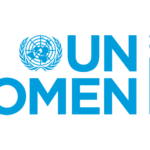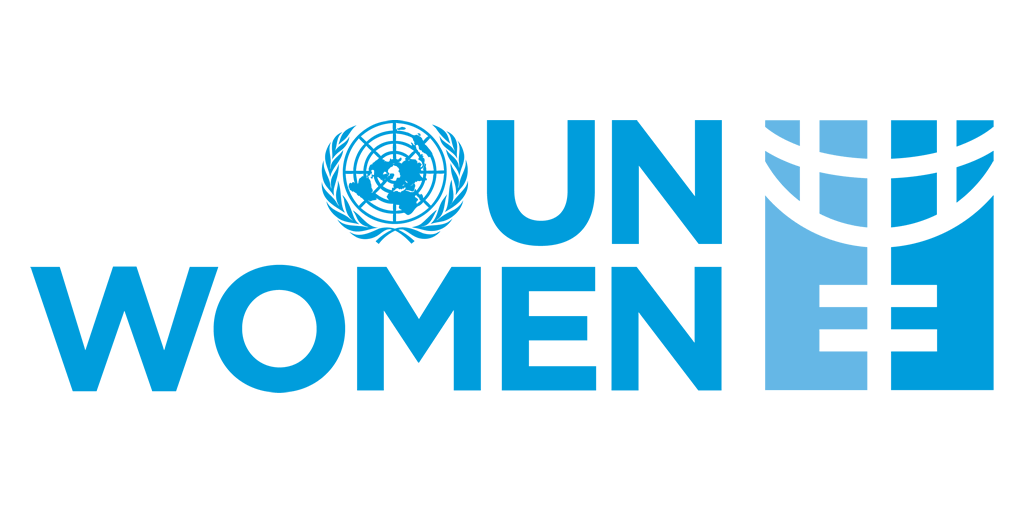
UN Women
On the 20th anniversary of Security Council resolution 1325 on women, peace and security (WPS), the Secretary-General proposed five forward-looking goals for the decade ahead (see S/2020/946, para. 113). These are: a radical shift and tangible results in women’s meaningful participation in peace-making, peacekeeping, and peacebuilding; turning the unconditional defence of women’s rights into one of the most visible and identifiable markers of the UN’s work on peace and security; reversing the upward trajectory in global military spending and encouraging greater investment in the social infrastructure and services that buttress human security; galvanizing the donor community for universal compliance with a minimum of 15 percent of ODA to conflict-affected countries dedicated to advancing gender equality and multiplying by five the direct assistance to women’s organizations; and bringing about a gender data revolution on WPS that reaches the general public, focuses on closing data gaps, and increases our knowledge around today’s most pressing issues.
With regards to the goal of multiplying by five the direct assistance to women’s organizations, the Secretary-General has since made a similar commitment in his New Agenda for Peace (a minimum of 1 percent of ODA to conflict-affected countries) and has encouraged donors to contribute to the WPHF’s campaign to raise 300 million dollars over the next three years. This Fund, created in 2016 specifically to support women’s organizations in conflict and humanitarian settings, mobilized almost $44 million in 2022. We have also seen specific donors make significant pledges or create their own mechanisms to fund women’s organizations: in 2017, Canada launched a $150 million programme to fund women’s rights organizations in fragile and conflict-affected settings. France is providing 250 million euros in funding over the next five years to feminist organizations. Ireland committed to investing at least 50 million dollars in feminist and women’s rights organizations and peacebuilders over a similar span of time. The UK launched a $46 million programme to support grassroots women’s rights organizations around the world. The Netherlands, Sweden, and the EU have similar initiatives and these are only a few examples.
And yet, the amount of funding for women’s organizations in these settings has dropped two years in a row from 180 million dollars in 2019 to 150 million dollars in 2021, the last year for which OECD-DAC has data. The objective of this research would be to interrogate why and propose solutions. On October 26th 2023, the Secretary-General’s Executive Committee tasked UN Women, in collaboration with other entities, to include analysis on funding for women’s organizations in conflict-affected countries in the Secretary-General’s annual report on WPS in 2024. There are already several studies on funding for women’s organizations, but they mainly focus on the recipients of these funds. These studies typically list the usual barriers to access to financing by grassroots organizations (operational and absorption capacity, onerous application and reporting requirements) and the usual recommendations (simpler application procedures, more flexible and longer-term funding). This research should summarize the latest findings of that literature, but focus its investigation on the donor side, and find out where is the money going and why these initiatives aren’t materializing in increased funding for women’s organizations in recent years. The researcher will be asked to map the existing research on this (including all the relevant information in the last ten years of the SG’s annual report on WPS, which includes a significant section on financing each year), map the main existing initiatives or programmes to channel funds to women’s organizations in these settings, match these with the data being collected by OECD-DAC, analyze gaps, shortcomings, missed opportunities, or trends, and propose a way forward for the UN and donors to achieve the goal set in 2020. The researcher is expected to interview the main donors and key multilateral actors, like the Women’s Peace and Humanitarian Fund, the OECD-DAC, the Peacebuilding Fund, and civil society networks like AWID and those specifically focusing on WPS. The researcher is expected to pay specific attention to issues relating to non-registered civil society organizations and other issues deemed relevant in the course of the research.
The findings are expected to contribute to the annual report of the Secretary-General on WPS and may be used as separate publication by UN Women and other collaborating UN entities.
Duties And Responsibilities
The consultant will undertake the following tasks and deliverables:
- An inception report by January 31st with planned methodology and scope.
- A mapping of existing and latest research on funding for women’s organizations, with a focus on conflict and humanitarian settings.
- A mapping of initiatives to increase direct funding for women’s organizations and their results so far and an infographic of the main funding streams currently supporting women’s organizations in conflict-affected settings (and where/which conflict-affected countries).
- Submit a research brief with findings and methodological notes by May 30th.
- Participate in meetings with UN Women and other UN agencies and donors to explain the research and the findings.
Competencies
Core Values:
Respect for Diversity
Integrity
Professionalism
Core Competencies:
Awareness and Sensitivity Regarding Gender Issues
Accountability
Creative Problem Solving
Effective Communication
Inclusive Collaboration
Required Skills And Experience
Education:
Masters or doctoral degree in human rights, international relations, economics, social and political science or equivalent.
Skills and Experience:
- Minimum 10+ years of relevant research experience in the area of human rights, social and economic development, or women, peace and security.
- Previous research or publications in the subject matter are desirable.
Language Requirements:
Fluency in English is required.
Apply Now Refer a Friend
To apply for this job please visit jobs.undp.org.

